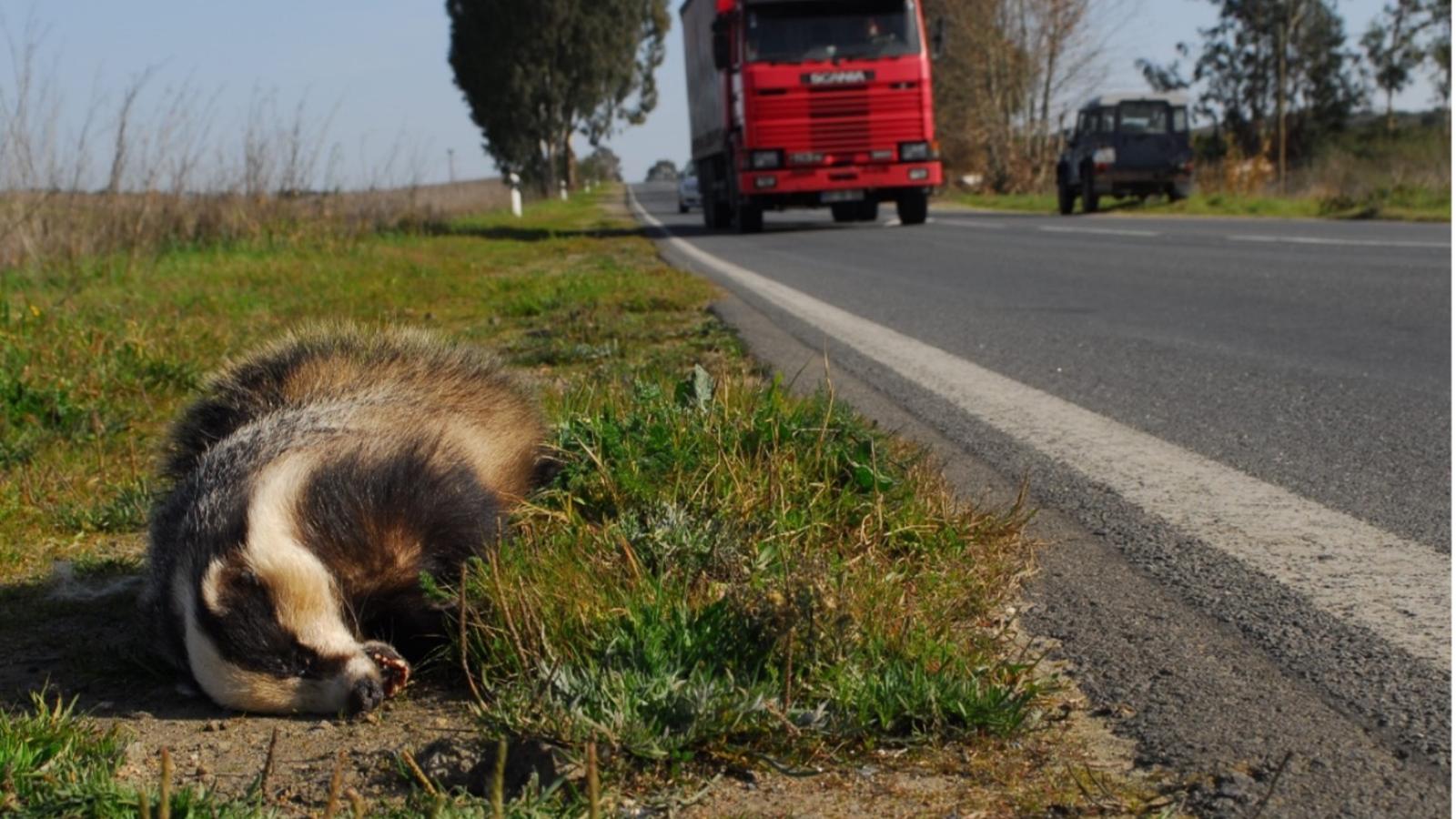
An international initiative led by CIBIO-BIOPOLIS compiles global data on wildlife road mortality and reveals that over 100 threatened species are directly exposed to roadkill risk.
The expansion of road networks worldwide has a profound impact on biodiversity, yet the true scale of wildlife-vehicle collisions remains poorly quantified. A new study, published in the prestigious journal Scientific Data, provides the most comprehensive global dataset on wildlife road mortality to date.
The Hidden Impact of Roads on Wildlife
Beyond fragmenting natural habitats, roads pose a direct threat to numerous species through collisions with vehicles. The newly published study compiled over 200,000 records of terrestrial wildlife roadkill, covering various global regions and identifying more than 2,000 animal species affected by road mortality. Among the most frequently recorded threatened species are the giant anteater, fire salamander, and European rabbit—all facing increased risk from vehicle collisions.
According to Clara Grilo, researcher at CIBIO-BIOPOLIS and leader of the initiative:
“The dataset highlights 126 threatened species exposed to traffic, raising serious concerns about their already vulnerable conservation status. Many of these species have low population densities, making them particularly sensitive to added mortality.”
Science for Conservation: Solutions to Reduce Road Impact
This open-access database represents a significant advancement in wildlife conservation and the development of environmentally sustainable transport infrastructure. By providing detailed records of roadkill locations, collected from surveys conducted globally, it aims to support scientific research, guide policy development, and mitigate the ecological and socioeconomic impacts of wildlife-vehicle collisions.
Measures such as wildlife overpasses and underpasses, roadside fencing, and animal detection and driver warning systems can significantly reduce the number of roadkill
Researchers call for greater integration of these solutions into public policy and road infrastructure projects.
Next Steps: Expanding Beyond Roads
This dataset marks the first phase of the RISKY project, which aims to develop a comprehensive web platform on wildlife mortality caused by transport and energy infrastructure. The platform will integrate open-access global data not only from roads, but also from railways, power lines, and wind farms, along with analytical tools to support research and sensitivity maps to guide decision-makers in planning and mitigation strategies for infrastructure development.
The RISKY project (Wildlife Mortality from Energy and Transport Infrastructure), funded by the European Commission's OSCARS project (Open Science Clusters' Action for Research and Society) under the Horizon Europe Framework Programme for Research and Innovation, seeks to contribute knowledge toward the development and expansion of energy and transport infrastructure that respects and protects wildlife.
ORIGINAL ARTICLE
Grilo C., Neves et al. (2025). Global Roadkill Data: a dataset on terrestrial vertebrate mortality caused by collision with vehicles. Scientific Data, http://doi.org/10.1038/s41597-024-04207-x